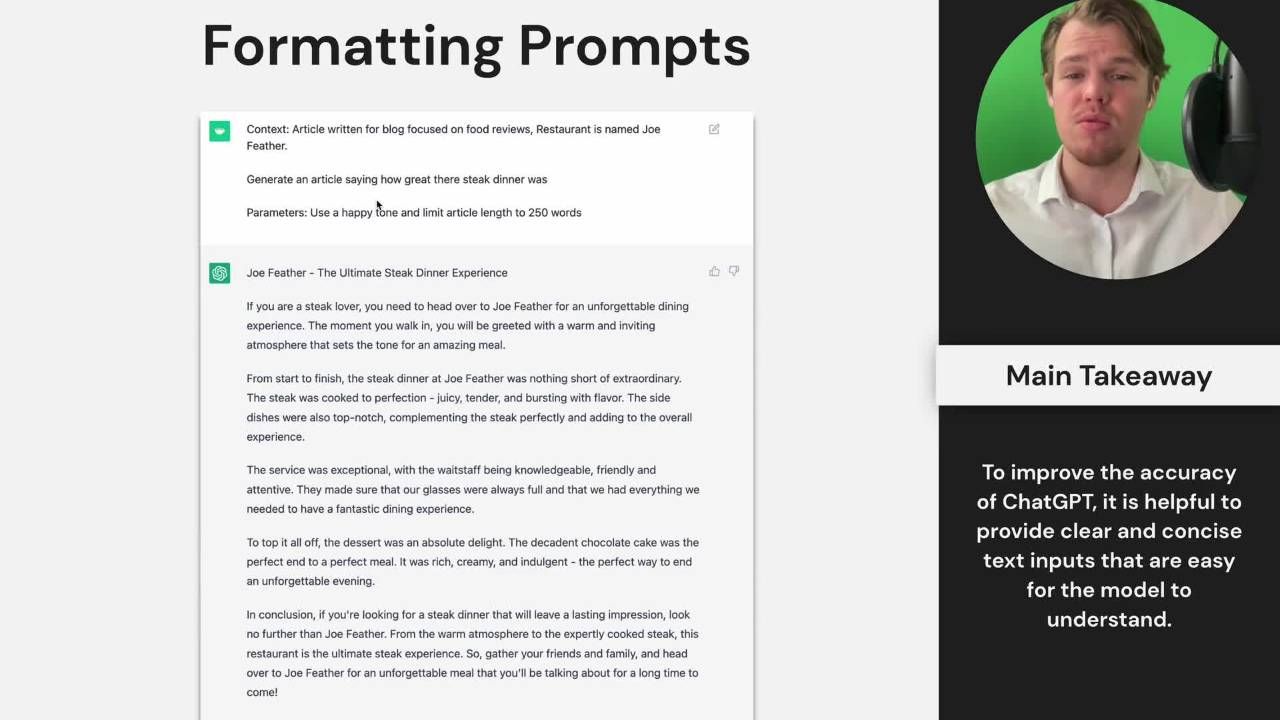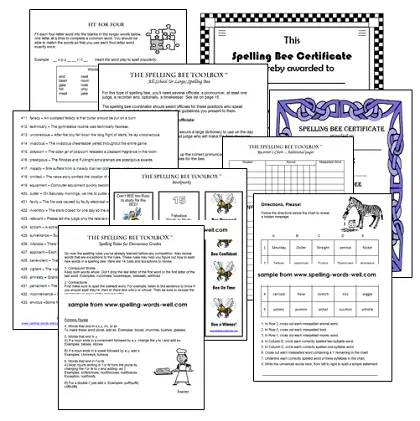It’s great you are backing up your website. The next challenge is to determine what’s the right backup schedule, which can vary depending on many factors.
The post Backup Series: How Often Should You Backup Your Website? appeared first on HighEdWebTech.
In the past, I’ve written extensively about improving the performance of your WordPress site. That’s very important work you can do, as speed matters. But what happens if something happens to your site? What if you’re hacked, or the hard drive on your server dies? These are all common events that could leave you high and dry with all your website content gone. Backups will be your best friend should any of these tragedies occur. In this three-part series, we’ll explore how and why to backup your website.
Why should you backup your WordPress website?
A key part of any web strategy should be how to protect your site, and a big part of that is backups.
If you’re using WordPress to manage your website (and you should, it’s a great tool), you have to worry about many pieces and parts — from pages to posts, media to plugins, there’s a lot to keep updated. Backups are key to this.
You should be backing up your WordPress site. Period, full stop. If you are relying on your hosting provider to do it, you may be disappointed. They may not be backing up all your data often enough. Site backups are something that you can easily do yourself, and setting them up will bring you peace of mind.
As you’ll see below, there are many choices when it comes to storing your backups.
Plugins Can Help
There are several backup plugins available, many of which are free or have a free tier. I am a user and fan of UpdraftPlus, one of the more popular WordPress backup plugins. It’s a set it and forget it tool that will backup your site files, media, plugins, themes, and more on a schedule yo
Recommended Story For You :

Get A Grip On The Human Body.

Become a ChatGPT Expert and streamline your workflow

what makes a good CPC practice exam

Harness The Power of Artificial Intelligence

Manage Your Social Medias With AI Automation.

Guide to passing the plumbing exam.

Oliver Doodle Dandy- A New Children’s eBook That Celebrates America

I was happy and lucky i took the advice

Starting a Homeschool Group

